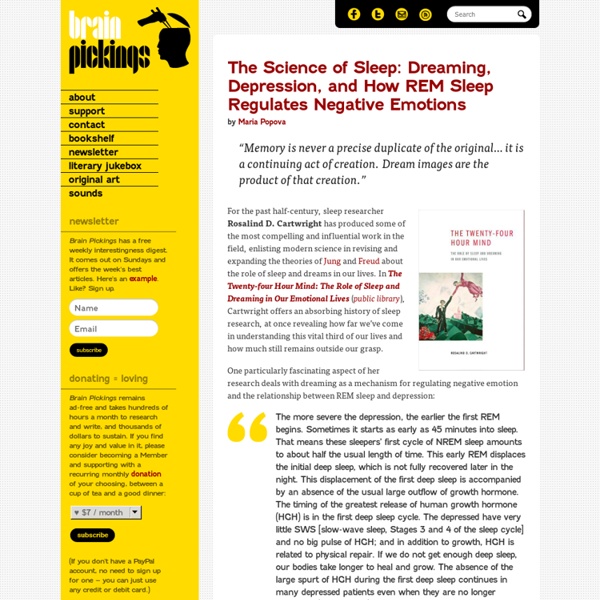4 things you need to know to be emotionally intelligent
The first thing I learned as an FBI agent was that I would need to be emotionally intelligent if I planned to live long enough to spend my retirement pension. Agents who are emotionally intelligent have the ability to read the emotions of others before a gun is drawn or a fist is thrown their way. They also develop self-awareness so they can predict their response when confronted with the unknown. Ignorance of your competition makes you vulnerable; ignorance of yourself makes you stupid—LaRae Quy If you watch enough Marvel-inspired movies, you might think all superheroes swagger into a room, take control of the situation by intimidation or force, and knock the sh*t out of anyone who doesn’t play by their rules. The other extreme is the Hallmark TV channel where complex problems are solved in short, sappy, and sweet conversations.
Depression Part Two
I remember being endlessly entertained by the adventures of my toys. Some days they died repeated, violent deaths, other days they traveled to space or discussed my swim lessons and how I absolutely should be allowed in the deep end of the pool, especially since I was such a talented doggy-paddler. I didn't understand why it was fun for me, it just was. But as I grew older, it became harder and harder to access that expansive imaginary space that made my toys fun.
Dr. Tania Singer and the Neuroscience of Empathy
The year is 1990 and a man is sitting across from a monkey. Between them is an object that will, in mere moments, become the Raisin Heard Round The World. This is the lab of Giacomo Rizzolatti, and the monkey is part of an experiment to determine what pre-motor cortex neurons fire in the performing of an action.
McMan's Depression and Bipolar Web
UBC SEL Resource Finder
By [posts-author-link] on [date] July 13, 2015 Social and Emotional Learning in Canada Issue Brief This 11-page report, published in 2013, is unique for its focus on the current status of social and emotional learning in Canada. Commissioned by the Carthy Foundation and the Max Bell Foundation, it provides summary statistics on Canadian children’s behavioral and emotional problems (e.g., mental health issues, bullying) and related school outcomes (e.g., academic performance, school drop-out rates). This brief also includes findings from interviews with 23 experts in the field of social and emotional learning and practice in Canada.
Depression - Home
How Neuroscience Can Help Your Kid Make Good Choices
Imagine the following scenario: Your eight-year-old son is repeatedly poked with a pencil by his classmate at school. How does he respond? He might endure the pokes without complaint by using willpower, or he might stay silent, succumbing to feelings of fear or powerlessness. He could lose his self-control and act out, attacking his classmate verbally or poking him back. Or does your son “self-regulate” by considering his options and resources, taking stock of his feelings and strengths, reflecting on past experience, and responding deliberately? Self-regulation may sound like a tall order—but it’s also the best choice, according to Erin Clabough, a neuroscientist, mother of four, and author of the book Second Nature: How Parents Can Use Neuroscience to Help Kids Develop Empathy, Creativity, and Self-Control.
National Council For Suicide Prevention
Changes in dispositional empathy in American college students over time: a meta-analysis. - PubMed - NCBI



